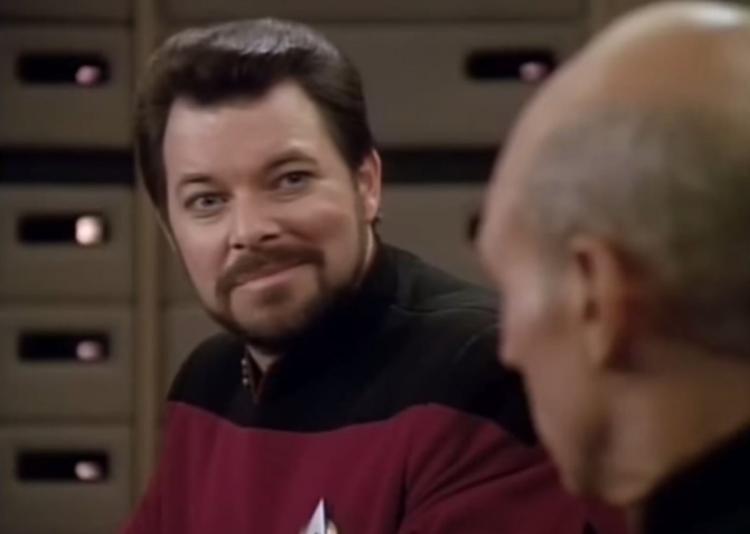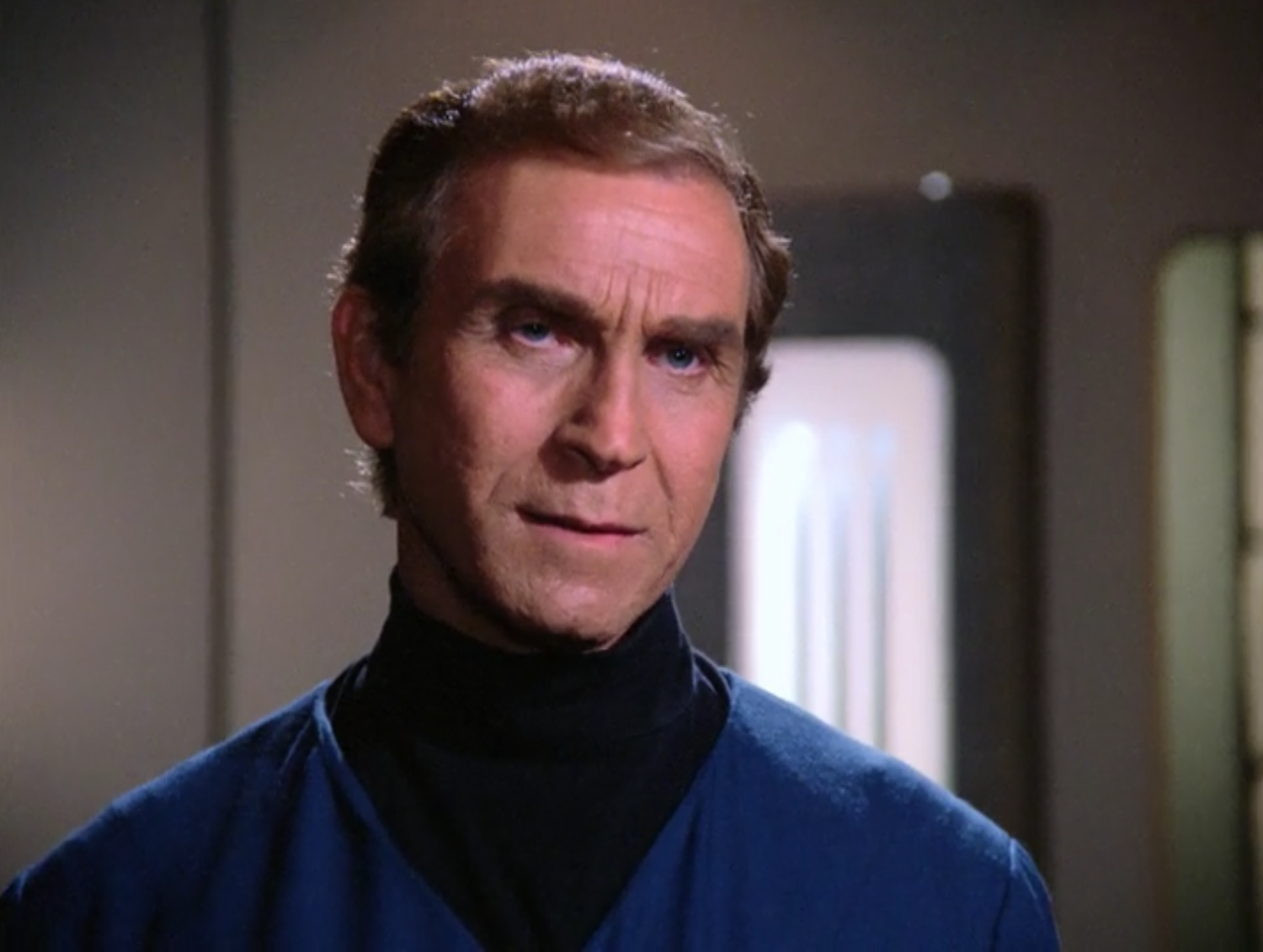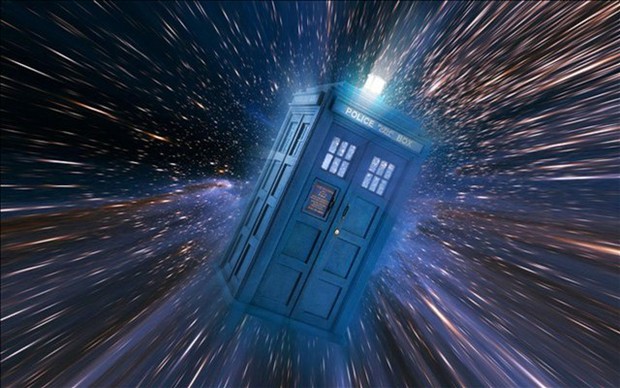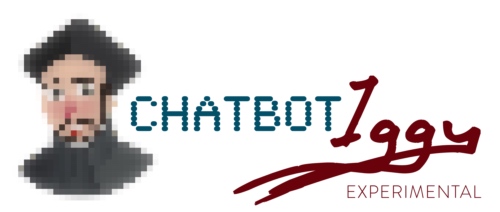 The hope for God’s kingdom at the end of time is the Christian utopia Jesus speaks of, where every tear will be wiped away, where a place will be prepared for us, and where the things we thought were important in this world are no longer necessary. Star Trek, which I’ve written about before, paints a future where humanity has moved beyond the need for possessions and money, hunger and poverty has been eradicated, and the drive for life is self-enrichment and the improvement of humanity. Looking through my Christian lens I can appreciate this. Saint Ignatius teaches us that material things exist only for pursuing our purpose on earth: to praise, reverence, and serve God. And truly reverencing God, I believe, is appreciating the life God’s given us, using our gifts and abilities, enriching ourselves, and living lives of joy. But, says Ignatius, the material things should be gotten rid of if they hinder that purpose and become a distraction or if they themselves become the goal. We can see in Star Trek the importance placed not on things, but on relationships and improving life.
The hope for God’s kingdom at the end of time is the Christian utopia Jesus speaks of, where every tear will be wiped away, where a place will be prepared for us, and where the things we thought were important in this world are no longer necessary. Star Trek, which I’ve written about before, paints a future where humanity has moved beyond the need for possessions and money, hunger and poverty has been eradicated, and the drive for life is self-enrichment and the improvement of humanity. Looking through my Christian lens I can appreciate this. Saint Ignatius teaches us that material things exist only for pursuing our purpose on earth: to praise, reverence, and serve God. And truly reverencing God, I believe, is appreciating the life God’s given us, using our gifts and abilities, enriching ourselves, and living lives of joy. But, says Ignatius, the material things should be gotten rid of if they hinder that purpose and become a distraction or if they themselves become the goal. We can see in Star Trek the importance placed not on things, but on relationships and improving life.
 In the episode “The Neutral Zone” in season one of Star Trek: The Next Generation, the Enterprise comes across an old space capsule from earth, 370 years old. In it are three humans who were cryogenically frozen in the late 20th century. After transporting them back to the Enterprise and reviving them, we learn just how much humanity has changed. One of the survivors, named Offenhouse, is a financier and is only focused on checking on his financial assets back on earth, which were supposed to “take care of him” in the event he was revived in the future. Offenhouse doesn’t fit in the 24th century. This man wakes up three and a half centuries later and contacting his bank on earth is his priority, so much so that he insists on interrupting the captain while the ship is in the middle of a dangerous mission. When he finally speaks to Captain Picard the captain tells him that “a lot has changed in the past three hundred years. People are no longer obsessed with the accumulation of things. We have eliminated hunger, want, the need for possessions. We’ve grown out of our infancy.” It seems that from the Christian perspective, humans have somehow overcome the power of Original Sin and the inherent brokenness we find in humanity. Offenhouse tells the captain that it’s never been about possessions but about power, and the ability to control your life and destiny. “That kind of control is an illusion,” Picard responds.
In the episode “The Neutral Zone” in season one of Star Trek: The Next Generation, the Enterprise comes across an old space capsule from earth, 370 years old. In it are three humans who were cryogenically frozen in the late 20th century. After transporting them back to the Enterprise and reviving them, we learn just how much humanity has changed. One of the survivors, named Offenhouse, is a financier and is only focused on checking on his financial assets back on earth, which were supposed to “take care of him” in the event he was revived in the future. Offenhouse doesn’t fit in the 24th century. This man wakes up three and a half centuries later and contacting his bank on earth is his priority, so much so that he insists on interrupting the captain while the ship is in the middle of a dangerous mission. When he finally speaks to Captain Picard the captain tells him that “a lot has changed in the past three hundred years. People are no longer obsessed with the accumulation of things. We have eliminated hunger, want, the need for possessions. We’ve grown out of our infancy.” It seems that from the Christian perspective, humans have somehow overcome the power of Original Sin and the inherent brokenness we find in humanity. Offenhouse tells the captain that it’s never been about possessions but about power, and the ability to control your life and destiny. “That kind of control is an illusion,” Picard responds.
Perhaps Captain Picard and his contemporaries have internalised the lessons of the Spiritual Exercises. All we have is gift, including material things and power. But such things are temporary and passing. What’s truly necessary is something deeper: humility. And Ignatius devotes an entire meditation in the Exercises to humility. Even the Ignatian practice of discernment reminds us that while we have the freedom to make choices for our lives, the true control and destiny of our lives ultimatly lies in the hands of God.
As Offenhouse is caught up with learning the status of his portfolio another survivor begins crying as she considers that she never got to see her children or grandchildren grow up and now ten generations have passed. Her focus is not on possessions, but on relationships. We understand this. We realise that relationships are priceless, that we will give up all our money and possessions for the ones we love.
Eventually the captain arranges for another ship to take the three survivors back to earth. The reality hits Offenhouse. “Then what will happen to us?” he asks. “There’s no trace of my money. My office is gone. What will I do? How will I live?” Picard reminds him that in the 24th century material needs no longer exist. “Then what’s the challenge?” Offenhouse asks. “The challenge,” responds Picard, “is to improve yourself, to enrich yourself. Enjoy it.”
It’s easy for us infant 21st century humans to get caught up with wealth. The accumulation of wealth becomes a challenge that drives many to build wealth far beyond their need. Jesus speaks against riches. Our salvation—our joy in God—does not come in wealth but through giving, through the works of mercy, through relationships. He essentially tells the rich young man to improve himself in his understanding of genuine happiness: love God and neighbour, as you love yourself. That is true happiness. While Star Trek doesn’t explicitly acknowledge a single Creator of the universe, it does emphasise a loving care for self and neighbour. Humans in the Star Trek universe have allowed their relationships to move them beyond the need for money. It never satisfied anyway.
Star Trek doesn’t do away with the need for things. Things are necessary for survival and for their mission, but there is an abundance of material goods thanks to technology, so no one is competing for wealth. Wealth is no longer the “challenge”. Instead it’s learning, discovery, and humanitarianism. The reality for us is that those things are indeed a challenge. Altruism, performing the works of mercy, being humble, and helping our neighbours are not easy. The want for things or power distracts.
The impact of this Star Trek episode is how immature Offenhouse looks to a 24th century human who does not understand how wealth can be so captivating and self-absorbing. But we don’t need an episode of Star Trek to teach us this. As Christians we have a Teacher who reminds us that there is more to this life than the fleetingness of money, possessions, and power. As Captain Picard says, we can find enjoyment in a different kind of wealth: the betterment of ourselves and the lives of others. That’s certainly a message that Jesus would sign on to.
P.S. It would be interesting to compare Star Trek to Catholic Social Teaching. In the 24th century labour has essentially become obsolete because of technology and automation, and CST demands for everyone the right access to fair labour. However, in Star Trek lots of people work, but they don’t do it for money, they do it for fulfilment—and possibly status. The Star Trek utopia also has just distribution of wealth (to the point where competing for wealth is no longer the driving force of society). The book Trekonomics explores the economics of Star Trek. Perhaps someone should write about the social justice elements of Star Trek from a CST perspective.
Related posts:
Listen to the podcast version of this post…








My favorite episodes of Star Trek DS9 is the two part “The Emissary” and the TOS episode “Bread and Circuses”, Next Gen is ” The Measure of a Man” Not sure I have one for Voyager. The character development of Seven of Nine was good to watch.